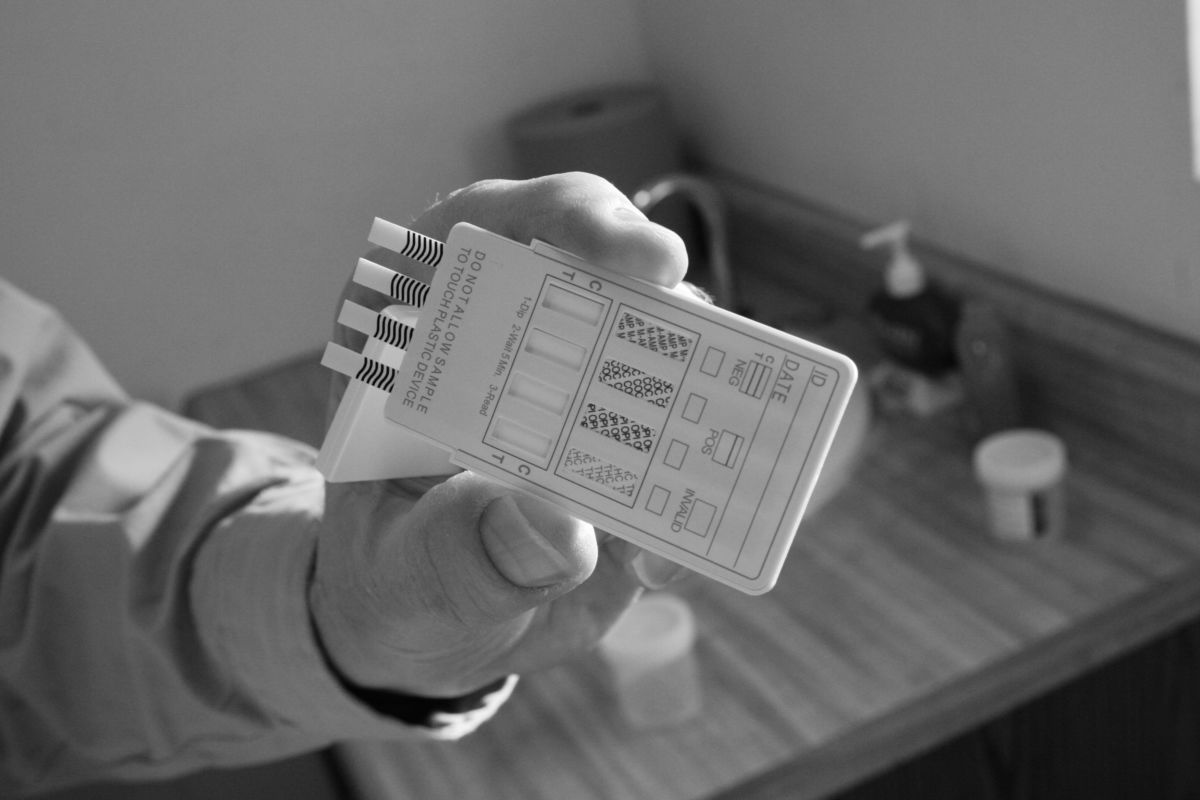Support justice-driven, accurate and transparent news — make a quick donation to Truthout today!
The Trump White House is reportedly reviewing a Labor Department rule that would give states the power to force people to pass a drug test before they can receive unemployment benefits, ignoring protests that such screenings would amount to demeaning and unconstitutional invasions of privacy.
“The rule itself would not automatically impose drug tests on the jobless but would let states screen people who file claims for unemployment benefits ― fulfilling a GOP dream from the Obama years,” Huffpost’s Arthur Delaney reported. “In the wake of the Great Recession, after the national unemployment rate surged to 10 percent, several Republican-led states clamored for the right to obtain the bodily fluids of people laid off through no fault of their own.”
think the Trump administration is pro worker? urine for a surprise https://t.co/XThr9T5OaV
— Arthur Delaney (@ArthurDelaneyHP) August 9, 2019
The proposed rule was published the Federal Register last November and immediately came under fire from the ACLU and worker advocacy groups, which condemned the measure as overly broad and likely illegal. The Labor Department finalized the rule last week after a public comment period and sent it to the White House for review.
“The Fourth Amendment protects people from unreasonable searches by the government. Courts have said drug testing is a search and subject to Fourth Amendment protections,” the ACLU’s Kanya Bennett and Charlotte Resing wrote in a blog post earlier this year. “So unless there are probable cause and individualized suspicion, there should be no search.”
“Exceptions to this rule have been made when the government can show it has a ‘special need’ and that need outweighs individual privacy rights, but that is not the case here either,” they added. “Simply put, the government is on very shaky ground if it thinks it can subject the unemployed to blanket drug testing.”
In addition to constitutional concerns, Bennett and Resing also argued the Trump administration’s rule would add “an unnecessary and degrading toll to the existing stigma of being out of work.”
“Blanket drug testing just further demeans people who the government has no reason to suspect of using drugs,” said Bennett and Resing. “This type of futile and unconstitutional intrusion into people’s privacy simply because they are out of work is unacceptable.”
Media that fights fascism
Truthout is funded almost entirely by readers — that’s why we can speak truth to power and cut against the mainstream narrative. But independent journalists at Truthout face mounting political repression under Trump.
We rely on your support to survive McCarthyist censorship. Please make a tax-deductible one-time or monthly donation.
